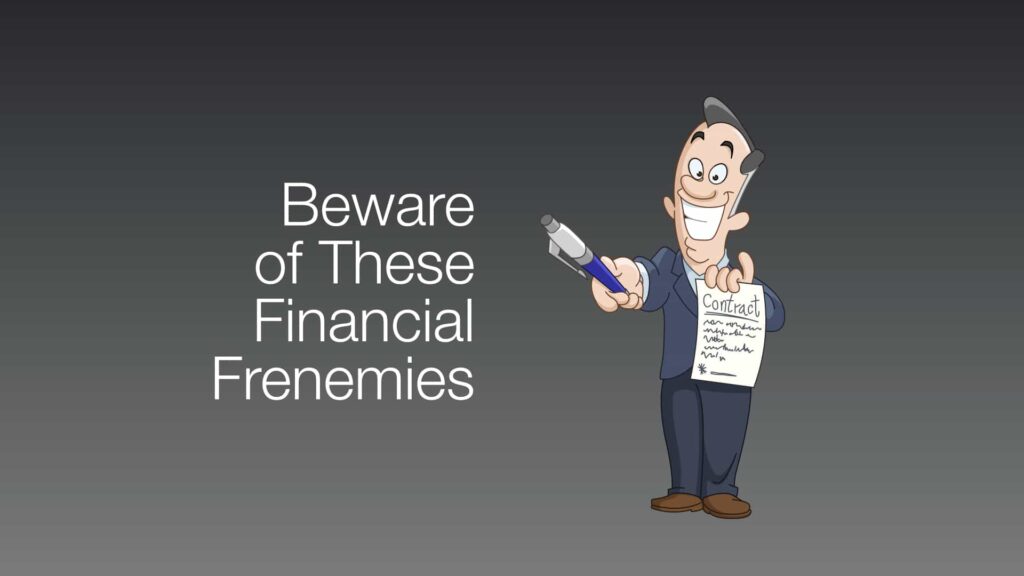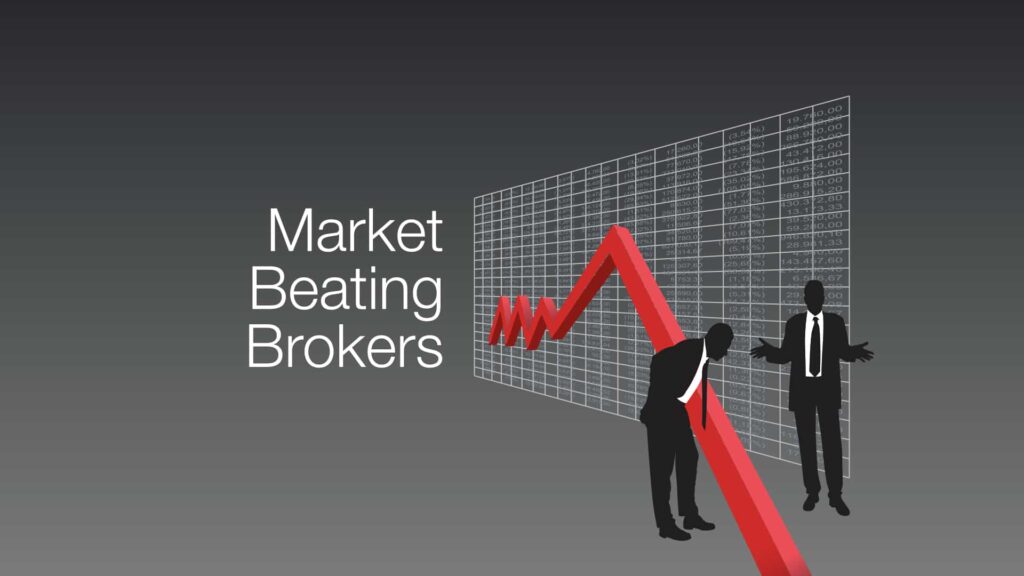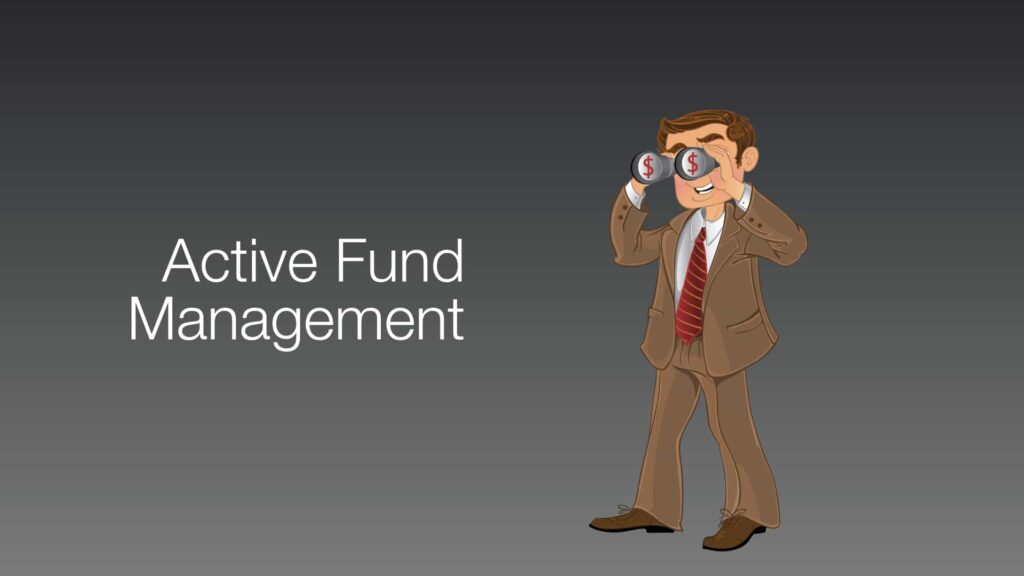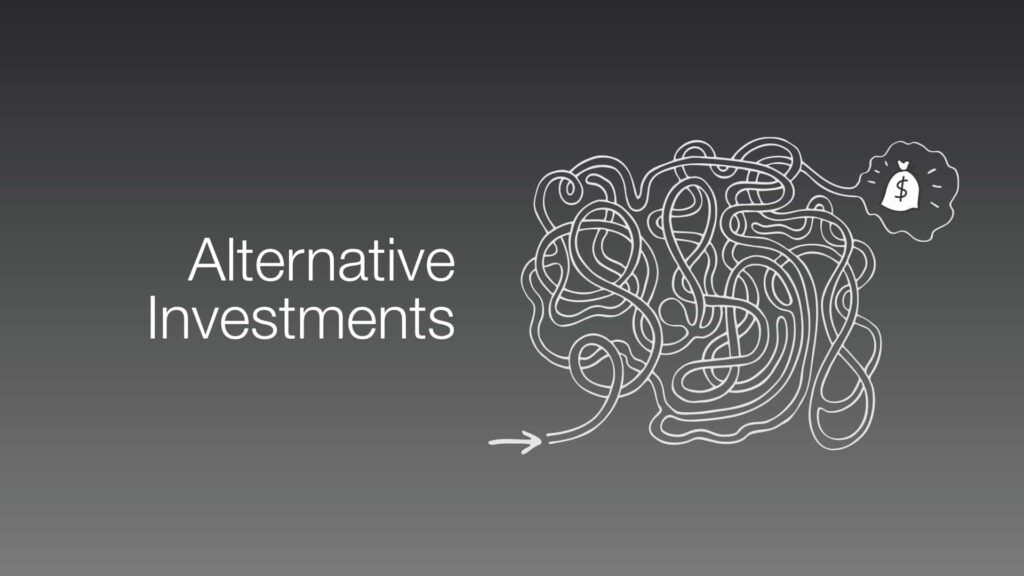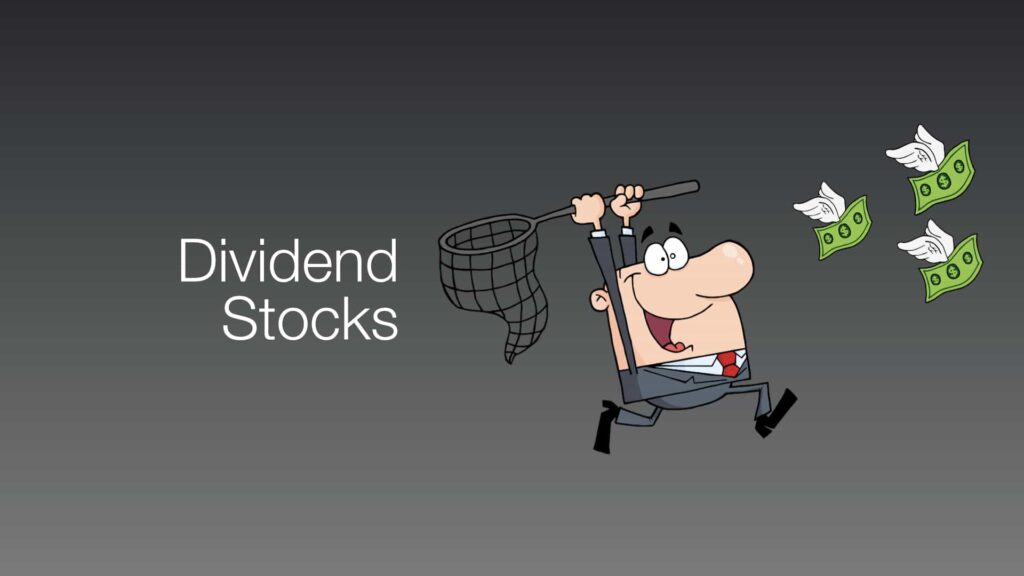This video is part of my Wealth Summit Series of Financial Advisor interviews. Enjoy!
Greg: Hello wealth masters. I’m Greg Phelps, your host to the Wealth Mastery Summit. Our mission with the Summit is simple. We want to empower you with actionable tools, tips, and strategies to help you grow, protect, and maximize your personal wealth. We’re going to do this by bringing you industry-leading money experts in the areas of financial and retirement planning, estate and tax planning, insurance, debt management.
And investing. So today I am absolutely thrilled to introduce our speaker, Dan Solin, are you ready to help our viewers master their wealth?
Dan: I’m ready and I’m really looking forward to it.
Greg: Excellent. So a little bit about Dan. Dan Solin is the New York Times bestselling author of the Smartest series of investing books and the Smartest sales book you’ll ever read.
He blogs regularly for the Huffington Post and advisor perspectives. His books have been enthusiastically endorsed by the New York Times, the Wall Street Journal and Vanguard founder, John Bogle. That’s a big pickup right there. A Kiplinger’s listed, the smartest investment book you’ll ever read on his top 10 list of the best financial books every investor should read.
As a former securities attorney, Dan graduated from Johns Hopkins University and the University of Pennsylvania law school. Dan is a sales coach in two advisory firms throughout North America. He gives presentations to large groups. He conducts workshops, and he engages in one on one coaching, either via in person or through teleconferencing like this or Skype.
So, Dan, that’s a little bit of, an intro for you. Fill in any gaps for a second, maybe a little glimpse of your personal life, and then we’ll get going.
Dan: So personally, I’m married. We live, uh, happily right outside of Naples, Florida. I’m going to have a tennis player. I really enjoy my work and I really like, helping investors avoid becoming victims of the securities industry generally.
And I’m speaking very generally when I say that. So providing information to investors, empowering them with the kind of information that helps them reach their retirement goals is very rewarding work.
Greg: Great. And I’d also like to point out that Dan has an amazing YouTube channel. We will link that on a speaker page and absolutely, you should subscribe to that.
I did myself and, and I look forward to every time he puts a video out. So today, Dan, we’re gonna use your expertise and share it with our viewers here.
How to avoid some of the top pitfalls they make when investing or when working with a financial advisor. And the first question that I have for you, Dan, is a, it says, be aware are these financial frenemies. What exactly is a financial frenemy?
Dan: So, I think in life generally and specifically, for investors. The people to watch out for are the ones posing as your trusted friends and confidants. So a frenemy is a combination of a friend, but who’s really an enemy. Think of it as a wolf in sheep’s clothing.
Greg: Okay. Excellent. So these are people that generally, could lead you astray, down the wrong path, just that we want to avoid and, and, uh, as much as possible.
Dan: Yeah. They have conflicts of interest. Uh, their economic interest is often in direct conflict with ours. So while they are posing as people who are helping us achieve higher returns, in many instances, we’re really talking about a wealth transfer scheme where a lot of the hard-earned money of investors is being transferred from their pockets to the pockets of people who are managing the money.
#1 Market-Beating Brokers
Greg: Okay. Excellent. And that’s gonna segue perfectly into your first slide here, which is the first financial friend of mine, market-beating brokers. So share with us a little bit about the tactics that they use and why we should avoid them.
Dan: So this is the big one. And I would say if we stopped after this slide and everybody followed what I’m saying about market-beating brokers, the world would be a much happier place and millions of people would be advancing towards their retirement goals instead of a possibly never being able to retire.
Much less retire with dignity. So I differentiate the word market. The beating of brokers is important. This means people, whether they’re brokers or investment advisors who say to you,
“Look, you should use me and pay me a hefty fee, whether it’s commissions or a wrap fee of 1% or more. Pay me that fee because look at what I can do for you. I can pick stocks that will outperform other stocks. I have the ability to tell you when to get in the market when to get out of the market. I can pick mutual funds that will outperform other mutual funds.”
The overwhelming data. And many investors aren’t only now becoming aware of this. The overwhelming data is that nobody has the expertise to reliably and consistently do these things.
So here’s a very simple litmus test. You’re considering an advisor, whether they’re registered investment advisor or a broker. You say to them, “Do you think you can beat the market by engaging in stock, picking market timing, or picking the next hot mutual fund manager?” The response is, “Yes!” Your response is run for the door!
Greg: Okay. And, uh, you know, I can share with you a little anecdotal story with myself. You know, I started off in 95 with, uh, Morgan Stanley and, uh, the whole, the whole business, the industry. The reason I left the industry is because of, that’s what they taught us. I mean, I was a wet behind the ears and fresh out of college and I didn’t know any better.
And they literally, their classes were not about financial planning. They were about, Hey, you can beat the market and here’s how, and it wasn’t until about 2002 that I really kind of fell in love with the whole passive concept and not trying to beat the market, but actually just riding the market and accepting what the market gives us. So I would agree with you 100% on that.
Dan: Greg. It’s not just pitching, Oh, you can beat the market. It turns out that efforts to beat the market are much more lucrative for brokers and advisors than saying capture market returns, which largely means buying index funds, passively managed funds, exchange-traded funds.
So while they talk about beating the market, the products that they’re selling, which typically underperformed the market, are often very high commission items. So it’s all part of what I call this wealth transfer scheme. You’re likely going to underperform the market, but they are going to be beating the market because of the amount of commissions and fees that they are generating in an often fruitless attempt to beat the markets.
Greg: Right, right. I would agree with you. In fact, uh, I would also add into that, and you can probably comment on this as well. One of the biggest reasons, and you just hit on that, is the fees that they charge to quote-unquote, try to beat the market are outrageously higher. And the passive or the index options,
Dan: And in fact, it’s w it’s, it’s also, it’s very logical actually. The reason most actively managed funds underperform, their comparable index benchmarks is because the expense ratio of those funds is so much more expensive than the comparable index fund. So what I say is that we take to racers that are running a hundred-yard dash.
There are otherwise equal in weight. One has a 50-pound weight on his or her back. Okay? That’s the actively managed fund they have to overcome this extra hurdle of higher fees and it, I’m not saying none of them do in any given year, but it’s exceedingly difficult to do that. And especially over the longterm.
Greg: Yup. I agree with you. So absolutely. Uh, the first frenemy is the quote-unquote market-beating broker. And if you do hear that from your advisor, I would agree with, with Dan wholeheartedly run the other way because it’s just not something that can be done consistently.
#2 Active Fund Management
So let’s move on to number two. And, we kind of touched on that real quickly, but, uh, there are two types of investment management, is that correct, Dan?
Dan: So let’s go back to some basics grade. Cause I think sometimes we, we tend to assume that people know more than they actually do know. There are index funds. They often have the name index in the name of the fund.
And these funds Basically track a given index. So the most common one is, say an S and P 500 fund that will track the index of the 500 largest companies in the US and so it doesn’t take a rocket scientist to run. That fund is basically done by a computer that just buys those 500 companies and whatever happens, happens when a company drops out, the fund manager.
Takes, it sells that fund, and a new company comes in and buys that fun. So it’s just tracking an index. And then there are fund managers and going with my analogy, say an active fund manager who says, I can beat the returns of the S and P 500 index. And the way I’m going to do that is instead of buying all 500 stocks, which will guarantee that you’ll get the returns of the index less.
The low management fee the, of the fund. You can’t buy an index, so you have to buy a fund and index funds charge very low fees. By and large, there are exceptions. So, this active fund manager says, you know what? I can go into that basket of 500 stocks and I can pick the 10 or 20 that are likely to outperform the others.
And that’s active management. So that means that that fund manager first has to be accurate in selecting stocks that will outperform. And nobody’s ever written a paper that I’ve seen peer review saying, this is how you do that. It’s most often luck rather than skill. It’s very difficult to pick outperforming stocks.
Everybody can do it by looking at past history. So that’s the first thing. And then the second problem with active fund management is high taxes. When you’re buying and selling internally in the fund, you’re generating, well, I should say, high costs. You’re generating high costs.
So, those costs also detract from returns. So the combination of, high costs and your generating, you’re generating more tax liability for the investors. So if you look at the after-tax returns of index funds and actively managed funds, it really is shocking what that difference is.
Most actively managed funds report pre-tax returns, but even on that basis, in any one year, only 1/3 actively managed funds will outperform the comparable index fund, and over the long term, roughly 90% will underperform.
So the odds are stacked against you. I’m not saying it’s impossible, but it’s not an intelligent and responsible way to invest.
Greg: Agreed, agreed. And you know, I’ve shared this with, with our clients in the office for years, you know, in every year you never know what you’re going to get with an actively managed fund.
You might get the lucky one who’s got the hot hand. Um, and sometimes that luck, and I say luck because statistically there are going to be some lucky managers out there, but that luck cannot persist forever and it cannot be consistent.
Dan: Lots of data showing that you’re 100% correct. In fact, it’s far more likely than an outperforming fund for a five year given five year period.
Is more likely to be in the lowest quartile of performance in the ensuing five year period. Then in the highest quartile of performance. So you would actually be better off if you want to gamble, you’d be better off taking a fund that’s poorly performing for the previous five years. That fund statistically has a better chance of outperforming.
Why play that game at all when market returns, which you can capture with a globally diversified portfolio of index funds is yours for the asking. There’s no uncertainty here.
Greg: Right, and you mentioned the fee drag as well, and the fee drag on passively managed funds. A lot of these index funds come in at a quarter of 1% or less, so they’re very, very inexpensive.
Dan: You can put together a port for a globally diversified portfolio. Stocks and bonds have index funds for five hundreds of one percentage point.
Greg: Right. Dirt, cheap, dirt cheap. Whereas, uh, you know, I don’t have the stats in front of me, but the average actively managed bond you have to stock fond, I guess, is probably somewhere around 1% a year.
Dan: Around that. It’s been dropping slightly, but it’s around that, and I’ll think of that difference 20 times higher.
Greg: Right, right, right. So for the viewers, financial frenemy, number two is active fund management. There’s just no need for it. Keep your fees low, your costs low, your expenses low, and you’re going to be ahead of the game just by following those strategies right there.
Dan: Absolutely.
Greg: Excellent. So let’s move on to financial frenemy number three.
#3 Alternative Investments
So number three is alternative investments. So Dan shared with us a little bit, what is, in your view, an alternative investment.
Dan: So a good question because I don’t think that term is used consistently in, in the literature.
But I think, I guess the best on alternative investments are hedge funds. These funds that you have be qualified to, if being accredited investor to invest in that are run by, people who characterize themselves as masters of the universe. They’re supposed to know more about investing than anyone else.
And so people think they’re part of an elitist club. That would be one. But there are a lot of other alternative investments, private equity funds. A master partnerships I’ve seen recently, some re-insurance funds, they tend to share the same characteristics, which is an aura of exclusivity, which I view as a kind of a marketing tool.
It’s like, Oh, this is a club. It’s very limited in terms of access, so it makes it more appealing. You should want to be part of it. Very high fees, which, like actively managed funds, makes it less likely that you’re going to generate market-beating returns and often illiquidity. Meaning, you can’t buy and sell them the way you can buy and sell shares on a public exchange like the New York stock exchange.
So these three, two factors together, really have clearly demonstrated that the majority of alternative funds fare no better than the majority of actively managed funds. After fees, they tend to underperform the market. I can’t think of a single, solid, reason why investors should purchase any alternative fund.
Greg: Right. So, you know, a pushback that I would say is fairly common as well, I need this because it’s got this extra return and it’s a diversifier. That’s what I usually hear is I need this alternative investment to diversify my portfolio. But you feel that that’s not necessarily, correct?
Dan: So a couple of things, Greg. First, you can put together a globally diversified portfolio of index funds, which will have roughly 18,000 stocks and bonds from over a hundred countries
I mean, there is no need to go outside of the index fund universe to get the broadest possible diversification. The argument I hear is I need alternatives because they don’t correlate with the stock or bond market.
So if everything goes to hell in a handbasket the way it did in 2008 I’m going to have these funds that don’t correlate. And what I would say to those people is it’s too complicated for me to figure out whether they actually correlate or don’t correlate.
But if you’re worried about another recession, you should be focused on your asset allocation, reduce your allocation to stocks so you have enough bonds to weather the storm, but there’s no need to reach out to these complex, expensive investments, whether it’s to diversify more broadly, or you’re looking for an asset that doesn’t correlate.
Greg: Gotcha. Excellent. Okay. So financial frenemy, number three is to avoid alternative investments. They really just don’t have a place in, in any, any portfolio.
Dan: Correct.
#4 Money And The Media
Greg: Moving on, and this is probably one of my favorites. But money and the media, financial frenemy, number four.
Dan: So I really believe that most of the financial media does a tremendous disservice to investors. They have a direct conflict with investors. When you think of CNBC, other major networks, they’re in the business of generating revenues and they do that by attracting viewers. There’s a direct line between the number of ratings, let’s say, and revenues and who is paying those revenues.
Largely the traditional securities industry. Large brokerage firms, large fund families. So they’re not stupid. These people, they say, well, how do we keep people watching? And the way we do it is first we put on a lot of kind of gurus from our, largely from our advertisers who are gonna tell us how to pick stocks or when to get in and out of the market.
How to pick the next outperforming mutual fund or, what they’re gonna do is beat the drumbeat, trying to relate current news to what’s to, to how it could affect stock prices. So for example, we heard that if Donald Trump was elected, this was very common knowledge. The markets are going to tank by at least a third.
So we hear this all the time, all kinds of smug, self-confident people spewing a lot of information. And there’ve been some very interesting tests about how our brain processes this information. It taps into the emotional side of our brain and causes us to want to take action in response to all this information that we’re getting.
The reality is that most investors would be far better off buying and holding, basically doing very little with their investments. So my advice to people is ignore the financial media. Turn off CNBC, not just the ticker tape part, all of it. None of it is going to help you become a responsible, intelligent investor.
Greg: Excellent. And you know, to that point, I’m just curious, cause you’ve definitely got a long history in this industry. How often would you recommend that an investor look at their portfolio or actually digest any financial information?
Dan: So that’s a great question. Actually. The answer is as little as possible.
So if you could do it every quarter, let’s say better would be every year. But when you look, the more you look at it, the more you’re going to be inclined to do something about your portfolio. But if you’re in the right asset allocation and you’re broadly diversified. The only thing you should be doing with your portfolio is rebalancing from time to time to be sure your risk level is consistent.
Like if stocks have gone up, maybe your portfolio is too risky. You may need to sell some stocks and buy some bonds. Tax-loss harvesting, which is just a fancy way of capturing tax losses so you can use them in the future, but really you’re not going to be doing any buying or selling.
So why agitate yourself by, yes, the more the market’s going to be down, most days. I mean, I think it’s roughly 60% I’m not sure of that, but the market is down most days, so why let it bother you? You’re a longterm investor. The most curious calls I get are from millennials. Who are worried about there 401K holdings. And I say to them, look, you’re 30 years old, right?
You can’t touch this until you’re 59 and a half. Call me in 10 years. Why are you worried about what’s happening today? Forget about it. Move on. Go your life. Go play golf, do whatever gives you fun. Stop focusing on your investments.
Greg: Right? And to that point, uh, if you’re a 401k saver, you really want the market to drop. You’re buying more shares at lower prices, right?
Dan: You know, another good point, Greg. I mean, not only is that true of 401k savers, but of all investors. I mean, if Apple drops by 20% in one day. It’s the same company. Whatever’s caused that drop probably isn’t related to the fundamentals of Apple.
It may be, but it probably isn’t. It’s probably maybe geopolitical events are lots about things influence the market. So when the market drops, look what Warren buffet did in 2008 he was a massive buyer of stocks, and that’s the kind of information we should be getting out to investors.
Greg: Excellent. Excellent. And uh, the only thing I’d like to add to that is, correct me if I’m wrong, and you may or may not know the answer, but when we talk about money in the media, I think probably the first thing that pops into my mind and viewers minds is a mad money with Jim Cramer, right?
Dan: Yes.
Greg: If I’m not mistaken, I believe the producer did that show is actually the ex-producer for the Jerry Springer show, which says an awful lot.
Dan: I actually didn’t know that. I’ve had a running feud, which Jim Cramer, including one on-air confrontation when I was on CNBC. I really believe I don’t think he’s a bad person. But I do believe his show does incalculable harm to investors because it perpetuates the myth that he has the ability to tell you where the market is headed or he can pick stocks.
There’s a lot of peer review studies of his stock-picking ability, and it’s roughly 47%, which is less than you would expect with a monkey throwing a dart at a board. So he’s perpetuating a false myth. Of his particular expertise, and I just would have trouble sleeping at night if I was putting out that kind of misinformation.
Greg: Right, right. Agreed. So financial frenemy is money in the media, stay away from money in the media, and, it’s appropriate to look at your portfolio no more than quarterly. And I would agree. I would say, six months, uh, it makes some sense and definitely annually. But really you need three to five years of data to even give you a solid analysis at that point.
Dan: Absolutely.
Greg: So moving on to a, this is a favorite one because out here in Las Vegas, we have a lot of retirees and they love to call and ask for what’s paying the highest dividends. And I need yield. I need yield. I hear that all the time.
#5 Dividend Stocks
So financial frenemy number five, tell us about dividend stocks and why we should be wary of it.
Dan: So this for reasons I don’t fully understand is a very controversial subject. I think because as you correctly point out, Greg, people have an emotional attachment to dividend stocks. They think that companies that pay dividends, it’s like, Oh, this is a free ride. I own the stock and I also get the dividend so what could be wrong with it?
So it’s not easy to explain this, but let me, let me try. It’s not the dividend. Stocks are good or bad. It’s that dividends are, should be irrelevant to an end, to an informed investor, meaning there are lots of factors that control your, that affect your returns, like your asset allocation.
Let’s take an easy one. The division of your portfolio between stocks and bonds, there are others that you’re familiar with, like the percentage of your portfolio in small and in value stocks. There are other factors that have recently come to the forum like profitability and momentum, but you could search the literature far and wide and you would never see a factor called dividend stocks.
Dividend stocks do not affect your returns. Now there are some things about dividends, stocks that are troublesome. For example, if you limit your investments to stocks that pay dividends, you’re not going to be properly diversified. Second, dividend stocks can go down. In other words, people think, oh, I’m always going to get the dividend in 2008, general electric reduced its dividends. So the dividends are by no means guaranteed.
So I guess third would be taxes. Yes, the current tax treatment of dividend stocks is fine, but as we can see from what’s going on. Right now in Congress, Congress has the ability to change the tax treatment of stocks. So, I guess the last thing I would say is there’s no evidence that dividend stocks outperform non-dividend stocks. They do for some periods they don’t for other periods.
So what I would tell investors is you’ve got your eye on the wrong ball. If you’re focusing on dividend-paying stocks, you should be focused on capturing the global returns of the international marketplace in an asset allocation appropriate for you. That will include dividend and non-dividend stocks.
Greg: Right, right. And a lot of, uh, growth stocks, they don’t pay much or any of the dividend at all. And uh, you shouldn’t be excluding them from a diversified portfolio just because they don’t pay a dividend, right?
Dan: Right. If you do that, you’re not going to have a diversified portfolio.
Greg: Right. And I think one of the. The biggest things that I’ve seen over the years is we see investors who want to chase these ultra-high yields with preferred stocks and things like that or convertibles.
And really all they’re doing is putting themselves out there at a lot of risks because they think, again, like you’ve mentioned, that that dividend is solid and a lot of times the dividend might stay true for a little while, but the value of those preferred stocks can drop five 10 20% and wipe out any benefit of the dividends.
Dan: You know what I tell people all the time is this, look at the current returns of treasury bills. I don’t know what it is, but it’s well under 1%, right? Treasury bills being short term obligations backed by the full faith and credit of the US government.
If anybody comes to you with any instrument, whatever they call it, high dividend stocks, whatever, that pay more than what Treasury bills are paying, you have to be assuming greater risk. The more, the more they pay, the higher the risk. There is no free lunch in investing.
Greg: Right, right. Well, I guess the only free lunch, and I don’t know if it was John Bogle who said it but is the, uh, the diversification principle.
Dan: You’re right. Diversification and there’s another free lunch. I think Alan Roth pointed this out, that sometimes you can get CDs, for example, backed by the full faith and credit of the US government that are paying more than treasury bills.
If so, those are two comparable instruments with the same security then there, yes, there’s a little difference there. You’re going to kind of arbitrage that difference and pick up the extra income without taking extra risk.
But these are little tiny slivers of exceptions, right? I mean, diversification is a big one. That’s a free lunch, but anything else that results in high yields. Junk bonds, all of that high risk.
Greg: So what about, um, the total return concept? Uh, would you, would you, I guess, would your thoughts be for investors to focus more on just the total return over all and not the components, whether it’s growth or dividends.
Dan: I would, I mean, to me that’s all it makes sense. I think investors should only care about, I look at my portfolio, what’s the bottom line of the portfolio? Do I really care that it, part of it was contributed by dividends any more than I would care that part of it was contributed by value stocks rather than growth stocks?
I don’t, I want to know I have enough money to live. And I want to do that by taking as little risk as possible. So I look at total return. This idea, I’m going to live off of dividends never made any sense to me.
Greg: Right. Right. Excellent. Okay. So another, another financial frenemy to be cautious of.
#6 Investment Clubs
Um, and finally we’re going to come to our last financial frenemy, which is investment clubs.
I don’t have a lot of experience with investment clubs. Please enlighten me a little bit.
Dan: So I think the reason you don’t have a lot of experiences, the internet has kind of clobbered investment clubs. Um, there used to be like 400,000 investment clubs. And the last time I looked, there are roughly 40,000 investment clubs.
This idea that people usually like-minded people from the same socioeconomic background can get together in somebody’s living room and chat about stocks and kind of through their collective wisdom, they can figure out which stocks are gonna outperform other stocks. That’s the basis for investment clubs.
Unfortunately, there’s no data to support this and a lot of data that contradicts it. The best study I saw was investment club that was formed that you had to be a member of Mensa, which means you have to have an extremely high IQ, to be in this club and the club perform miserably, underperformed the S and P 500 over an extended period of time. And the president of the club said, you know, we had a unique ability to buy high and sell low.
There’s some truth to this. So. There is data indicating that non-likeminded people might be able to generate some ideas who are a very diverse group, but even there, the evidence is really thin.
So, people who are relying on investment clubs, I’m sure they’re great for social reasons and other reasons. But joining an investment club is likely to be harmful to your investment returns.
Greg: Excellent. Okay. Well, we’ll, definitely Chuck that one up to the financial friend of me, number six.
What I did want to do is actually share and ask you a couple of questions if you don’t mind. But for me, for the viewers who don’t know, Dan is a, as I mentioned, a bestselling author, and it’s kind of a, it’s kind of like talking to one of my heroes, like, you know, a kid, a comic book, because, you know, book after book, has been in my office for years and they have all been read.
So I just kinda wanted to mention, you know, Dan, a little bit about, you know, your books and so forth. Really, I think its the best one for average investor, and I know that it’s going to be backwards on the video, but it’s Dan’s book, the “Smartest Investment Book You’ll Ever Read,” which 100% I highly recommend.
Dan, can you just take a couple minutes and give us maybe a high level overview of what our readers would find in here?
Dan: Well, a lot of it was incorporating where I just talked about, but if I was to drop to the bottom line, it was, if you keep your investments really simple. And in the book, I recommend 3 index funds, a total market index fund, an international index on, and a total bond index fund.
I picked Vanguard because it historically has the lowest expenses. You could even go simpler. You could do a target-date fund from Vanguard because all the underlying funds are index funds, or you could do a life strategy fund from Vanguard, which is a static fund, but you’ll never have to rebalance, meaning you can get a 2080 fund, it’ll always be 20% stocks, 80% bonds. So you get different risk profiles.
And the bottom line of the book is investing is not complicated. Keep it really, really simple and you’ll be fine and avoid financial frenemies.
Greg: Excellent. Excellent. So just to kind of recap for the wealth masters out there, watching, avoid market-beating brokers, it’s just not possible to consistently beat the market.
Always, always lean towards passive or index. Managed the type of mutual funds and ETFs. In fact, our practice is all passive as well. So I wholeheartedly endorse that. Alternative investments. There’s really just not much of a place for those that are in anybody’s portfolio.
Always be wary of the media, especially, mad money. And remember they’re out there to sell advertisements. They’re not out there to help you build your wealth, protect your wealth, grow your wealth. They need to keep that revenue stream coming in. So think about the perspective that the media is coming from when they put those speakers on.
Dividend stocks and chasing yield is a no go. We want to stay away from those two practices that are very, very common, especially in the retiree market. So for any retirees or close to be retirees out there, don’t focus on the dividends or the yield. It can get you in trouble and burn.
And finally, we’ve got investment clubs.
And really what I got out of that, Dan is the investment clubs are not any better than just anybody throwing darts at a dartboard.
Dan: Correct. Very good summary, Greg.
Greg: Good. So, Dan, um, if our viewers wanted to reach out to you in any way, I mean, can you share with us a little bit about how to get in touch and some different resources that you may have.
Dan: Sure I get the, my best resource is my web page, which is DanielSolin.com and all the information that you need about me or my books, or my newsletter and my YouTube investing channel, you can find everything there.
Greg: Excellent. And, uh, so for the readers there, uh, let’s go over here to. Dan’s website just to, just to check that out, I highly recommend that you check out Dan’s books and his YouTube channel.
In fact, if you stay subscribed to the YouTube channel, it’s going to go a long way towards helping you master in wealth. And, uh, Dan, I really want to thank you for spending part of your day with us and the viewers and thank you for being such a proponent of education like I am.
Dan: Well, thank you, Greg. It was a great pleasure to be with you and I really enjoyed every minute of it.
Greg: Good deal. All right, so we’re going to sign off for now. Thank you very much. Wealth masters. We’ll see you in the next session.

